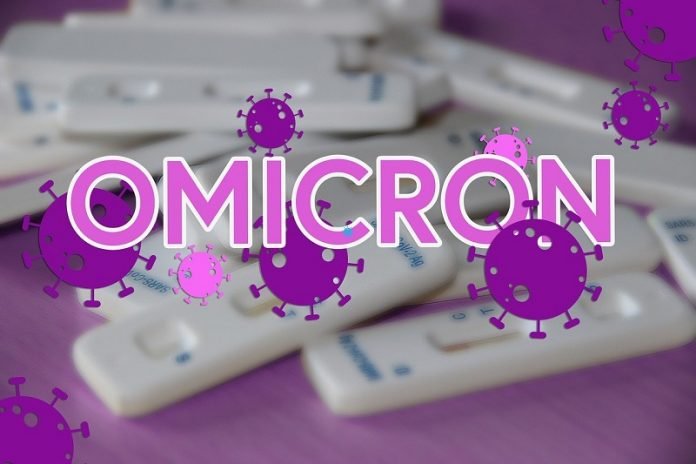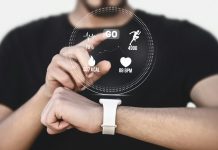
In a recent study from Imperial College London, scientists found that people infected with the omicron variant show poor immune boosting against future SARS-CoV-2 infection.
In the study, the team looked at why there are so many omicron breakthrough infections, even among people who have been triple vaccinated; how this is affected by previous infection history; and whether omicron infection at least offers a ‘natural booster’ of COVID-19 immunity.
A common assumption of the COVID-19 pandemic has been that through being infected with the virus you gain a natural immune boost, leaving you better able to recognize the variant you’ve encountered and fend off infection in the future.
However, this study finds that omicron provides a poor natural boost of COVID-19 immunity against re-infection with omicron itself even in people who are triple-vaccinated.
In those who were triple vaccinated and had no prior SARS-CoV-2 infection, omicron infection provided an immune boost against previous variants (Alpha, Beta, Gamma, Delta and the original ancestral strain), but less so against omicron itself.
Those infected during the first wave of the pandemic and then again later with omicron lacked any boosting.
These findings may help to explain why ‘breakthrough’ and repeat infections have been a common feature of the omicron wave of the pandemic.
However, the researchers stress that vaccination continues to provide protection against severe disease and death.
It has been argued that even if antibody recognition of omicron is poor, T cell immunity may be ready to fill the gap to achieve effective protection.
However, the study showed poorer recognition of omicron spike antigen by T cells in those who had been omicron infected.
Getting infected with omicron does not provide a potent boost to immunity against re-infection with omicron in the future.
The team says previous SARS-CoV-2 infection impacts the ability to boost immunity against subsequent SARS-CoV-2 infection through a process called ‘immune imprinting’, and this may apply to sub-variants of omicron including BA.4 and BA.5.
If you care about COVID, please read studies about blood sugar meter that could soon tell if you have COVID-19 antibodies, and Kidney injury from COVID-19 may be twice as common as diagnosed.
For more information about COVID, please see recent studies about how COVID-19 is linked to diabetes, and results showing weight loss drugs may help stop COVID-19.
The research is published in the journal Science and was conducted by Professor Rosemary Boyton et al.
Copyright © 2022 Knowridge Science Report. All rights reserved.



